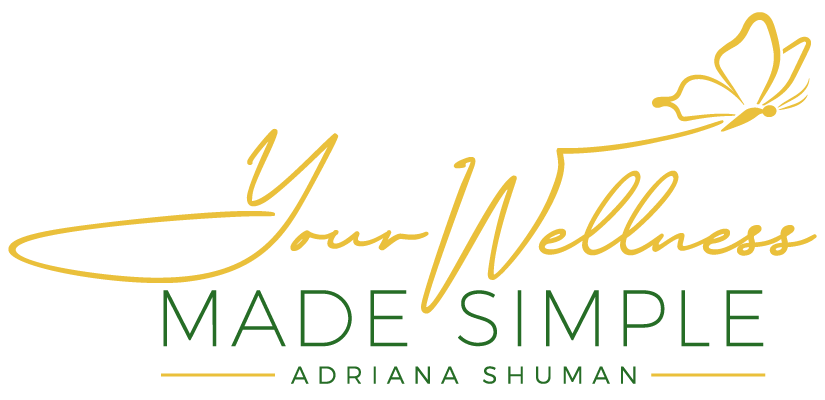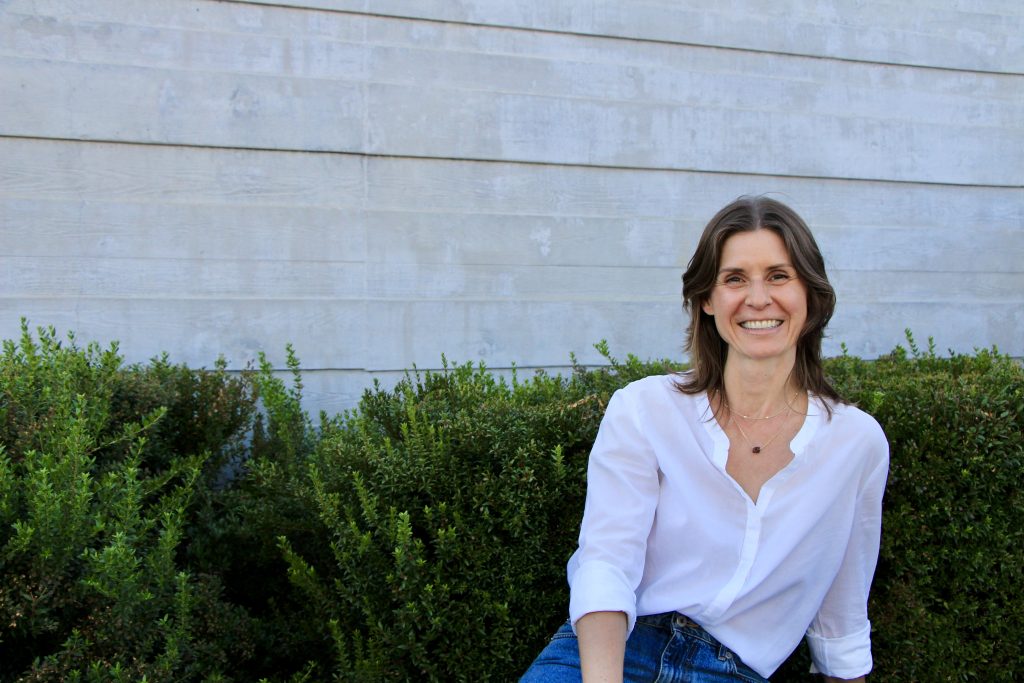Have you ever stopped to think about how much plastic we use every day? From the water bottle you grab on the go to the packaging on your groceries, plastic is everywhere. But while it’s super convenient, new studies are showing that plastic is more dangerous than we might have realized. Let’s break it down.
What is Plastic?
Plastic is a synthetic material made from polymers, which are long chains of molecules. It’s durable, lightweight, and can be molded into just about any shape. That’s why it’s so widely used.
Why is Plastic Dangerous?
Recent studies have revealed some pretty alarming effects of plastic on our health. Here’s what researchers are finding:
Health Impacts
Arteries: Chemicals in plastics, like different types of BPA and phthalates, can cause inflammation and plaque buildup in arteries, increasing the risk of cardiovascular diseases. Yes, we are finding nano plastics in arteries adding to the chances of getting heart attack
Testicles: These same chemicals are endocrine disruptors, meaning they can interfere with hormone functions, potentially leading to reproductive issues.
Mitochondria: Plastics can affect mitochondria, the powerhouses of our cells, leading to reduced energy production and increased oxidative stress.
Microbiome: Microplastics ingested through food and water can alter the gut microbiome. Microbiome is crucial for waste removal, hormone balance and production, digestion and immune function.
Plastics have now been found in nearly every human tissue. This includes the placenta (in fact, plastic was found in 100% of placentas in one study), semen, the lungs, intestine, and the blood, amongst other places in the body.
Everyday Use
Think about your daily routine and start paying attention and make notes of all the places you see and use plastic:
Morning Coffee: Likely comes in a plastic-lined cup.
Lunch: Packaged in plastic containers or wraps.
Shopping: Groceries in plastic bags and plastic-wrapped products. Pay attention next time especially in stores like Trader’s Joes where produce is wrapped in plastic
My goal is to share knowledge, not to make you scared. We have to understand what we do daily has an impact on our life and we have the power to choose once we have the knowledge. Knowledge leads to empowerment.
How to Refuse Plastic
Making small changes can add up to a big impact:
- Reusable Bags: Carry cloth or canvas bags for shopping.
- Glass or Stainless Steel: Use glass or stainless steel bottles and food containers, and beeswax wraps are a great replacement for plastic wrap
- Fresh food: Buy most of your produce at farmers market, buy whole foods instead of pre made, processed foods
- Natural Fibers: Choose clothing, bedding made from natural fibers like cotton, bamboo, hemp
- Cleaning: choose bars for soap, plant based laundry detergent, check your tooth floss for plastics,
A Great Read
If you’re interested in learning more, check out the book : “Plastic Free: How I Kicked the Plastic Habit and How You Can Too”, by Beth Terry. It’s packed with practical tips and insights on reducing plastic use in your life.
Plastic is convenient, but the health risks associated with its use are too significant to ignore. By making conscious choices to reduce our plastic consumption, we can protect our health and the environment.
We do not need to be perfect, though small changes will make a big difference.
What small change will you make today to improve your health, health of your family, and the planet? Just chose one for this week.
If you need ideas on how to make a change, hit reply! I am here to help
References:
- [National Institutes of Health (NIH) – BPA and Phthalates](https://www.nih.gov/news-events/nih-research-matters/health-effects-bpa-phthalates)
- [Environmental Health Perspectives – Microplastics and Health](https://ehp.niehs.nih.gov/doi/10.1289/EHP4111)
- [Harvard Health – Plastics and Heart Disease](https://www.health.harvard.edu/staying-healthy/plastic-chemicals-linked-to-heart-disease)
Feel free to dive deeper into these resources and join the movement towards a plastic-free lifestyle! 🌍💚
Adriana


